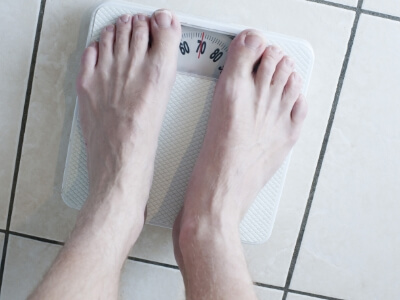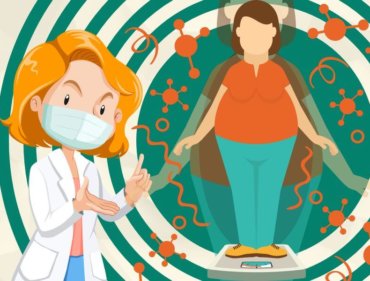Binge eating disorder is a serious eating disorder in which you frequently consume unusually large amounts of food and feel unable to stop eating. It affects almost 2% of people worldwide. Binge eating disorder can cause additional health issues linked to diet, diabetes, and high cholesterol levels.
Eating disorders are not about food alone as it is also considered psychiatric disorders. People typically develop them as a way of dealing with a deeper issue or another psychological condition, such as anxiety or depression. Almost everyone overeats on occasion, but for some people, excessive overeating feels out of control. This becomes a regular occurrence that crosses the line to binge-eating disorder.

Signs of Binge Eating Disorder
- Eating large amounts of food in a specific amount of time
- Feeling that your eating behavior is out of control
- Eating when you are full or not hungry
- Frequently eating alone or in secret
- Feeling depressed, disgusted, guilty, or upset about your eating
- Frequently dieting even if not losing weight
- Weight gain
Signs and Symptoms that Need Immediate Help
- Worsening anxiety and depression
- Eating excessive food even you are already uncomfortably full
- Seek help if you follow purging with methods such as vomiting or misuse of laxatives.
- Starving yourself after an excessive eating session
- Suicidal thoughts caused by untreated depression or traumatic experience
Help Someone with Symptoms
Provide encouragement or support if you know someone or a family member who is showing some symptoms of binge eating disorder. Find a mental help provider for an appointment to reverse the causes and effects of binge eating behavior. A person with a binge-eating disorder may become an expert at hiding behavior, making it hard for others to detect the problem.
Causes of Binge Eating Disorder
- Genetics and gender. There is also strong evidence that the disorder is inherited. Women are also more likely to have binge eating disorders than men.
- Changes in the brain. There are indications that people with BED may have changes in brain structure that result in a heightened response to food and less self-control.
- Body image. Body dissatisfaction, dieting, and overeating contribute to the development of the disorder.
- A history of Binge eating. This includes binge eating in childhood and the teenage years.
- Emotional trauma. Stressful life events, such as abuse, death, separation from a family member, or a car accident, are risk factors.
Behavioral Weight Loss Programs for Binge Eating Disorder
Many people with binge-eating disorder have a history of failed attempts to lose weight on their own. But, before incorporating a weight loss program, talk to your doctor for guidance and additional recommendations. Ensure that the disorder is treated, because dieting may trigger more binge-eating episodes, making weight loss less successful.
HCG Diet is an Appropriate Program for Binge Eating Disorder
Weight-loss programs are generally done under medical supervision to ensure that your nutritional requirements are met. The HCG resets a part of your brain to suppress your appetite. It prevents binge eating by making better choices. You will have new food choices on the HCG diet to assist you with your weight loss goal. It prevents you from falling into the causes of binge eating. The HCG also boosts your metabolic rate and increases your weight loss results.






















